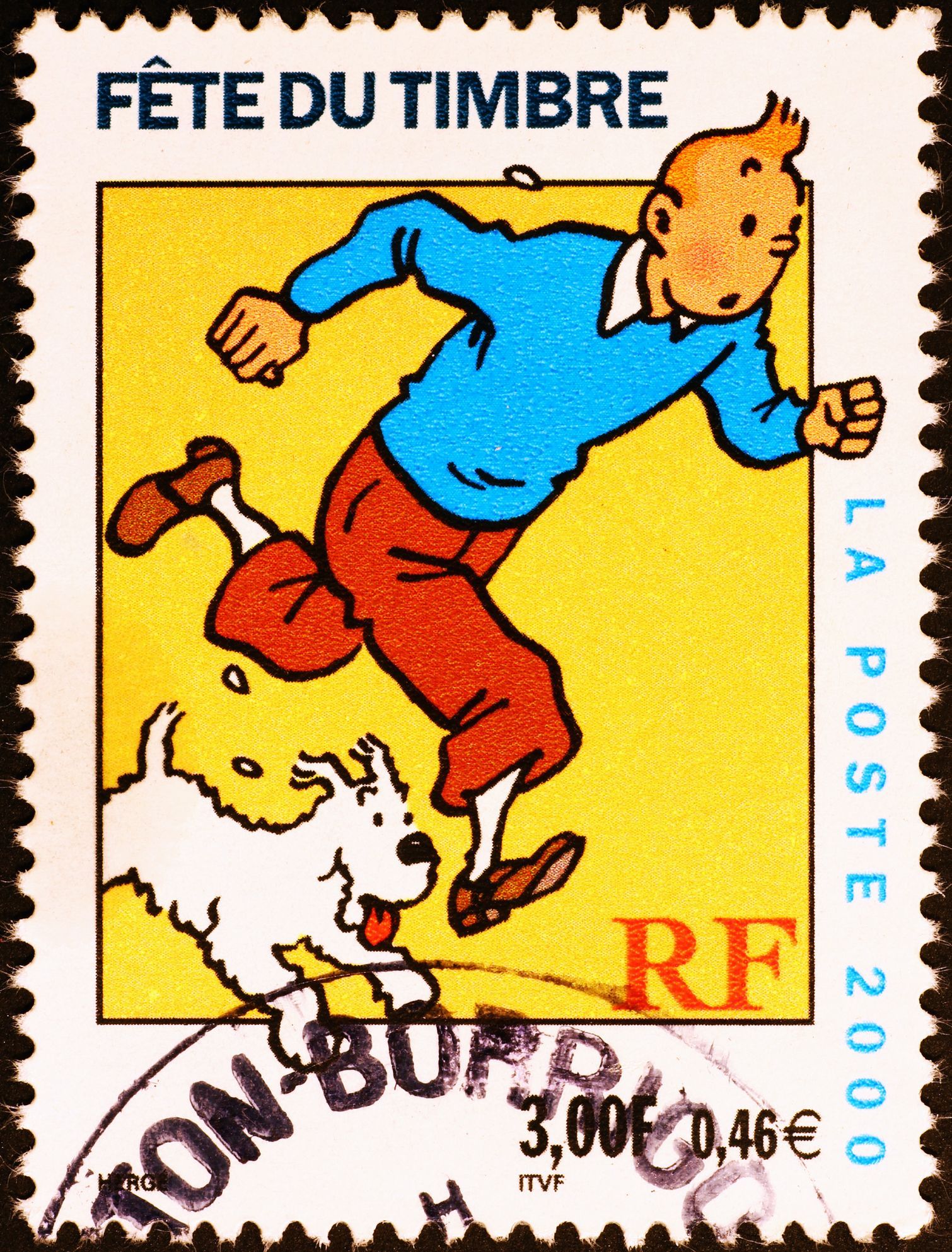New Paragraph
Who Put the Sub in Subsidiary Rights?
What You Should Know About Subsidiary Rights

Contrary to the images in this post, daily life here at Gryphon Publishing Consulting revolves around publishing rights rather than sub sandwiches or underwater adventures. We help some of our clients obtain rights to re-use content in their publications by researching and negotiating permissions. We help other clients negotiate terms with potential licensing partners when an opportunity arises for a translation or other rights deal. But how do you know what rights you have in your book, and just what ARE subsidiary rights, anyway?
Before we go any further, some background: you might have heard us mention copyright one or two times around here. It’s important to understand what copyright does in order to understand rights. Copyright in the United States is codified under federal law, and grants the author or creator certain interests (or rights) in their creative work as soon as it is placed in a fixed medium (written down or typed). Copyright protects rights such as the right to reproduce, distribute, sell, create derivatives, or display work in all forms of media and in all languages throughout the world. No other person or company can do anything with your creative work without your permission!
So what happens when an author works to get a publishing contract from a publisher? Well, the author (sometimes with an agent) negotiates the right for that publisher to print (or “publish”) their book on their behalf. The publishing contract is the result of a license for those specific rights to print, reproduce, and distribute the work in book form.
While it’s true that a publishing contract may also contain a LOT of language about other rights that go along with the book (like the right to create an audio version, or to translate it into another language), all of the rights in a publishing contract are generally negotiable. We always recommend that if an author is considering holding back some rights from a publisher, they should think about what rights they can reasonably exercise on their own. A publisher might have more contacts both inside and outside of the publishing industry than an author does, so it might make more sense to allow the publisher to “hold” those rights for the author, and execute on them as they can (in exchange for a royalty to the author, of course).
To recap: we know that the author has created a work that has specific rights attached to it from the moment that they write words down. A literary agent is representing the author and their rights to a publisher. A publisher engages the author in a contract for certain rights.
But what are “Subsidiary” rights?
Subsidiary rights are forms of rights in a book that are part of that book contract, and essentially represent ALL of the myriad ways that an author can sell, make a new version, mix, and re-mix their book into different packages. These subsidiary rights include granting permissions to re-use parts of the book to another party, to translate and distribute the book in new languages, publishing the book in an entirely new format, or creating new products based on the book.
What do we mean? Say your book has a fun character illustrated within the book’s pages. The character might look good on a mug. Or perhaps the adventure the character has in the book could be gamified. So, a subsidiary right called a merchandising right could be licensed with a company to produce a mug, and another company might license the right to create a game. If your publisher doesn’t create an audio version themselves, they might license that right to an audiobook company to produce the audio version of the book. And a publisher overseas might license the right to translate the book into French to print and sell to their readers in France.
Subsidiary rights not only bring in additional income for a book property, but can also act like marketing for the original work. If you’ve ever gone to a movie and then visited your favorite bookstore where you found a copy of a book with a label on it that says “Now a major motion picture!” then you know that the book was likely adapted into that movie by filmmakers who licensed the right to do so. And when you saw the movie and bought the book, you are supporting that author in multiple ways!
Pretty cool, huh?
If you want to learn more about copyright and how to visualize what rights and subsidiary rights are, check out our
new Copyright Essentials course here!
Looking for more information?
© 2014 - 2025 Gryphon Publishing Consulting, LLC All Rights Reserved.
Site Designed & Hosted with SimplicityDMS.com



